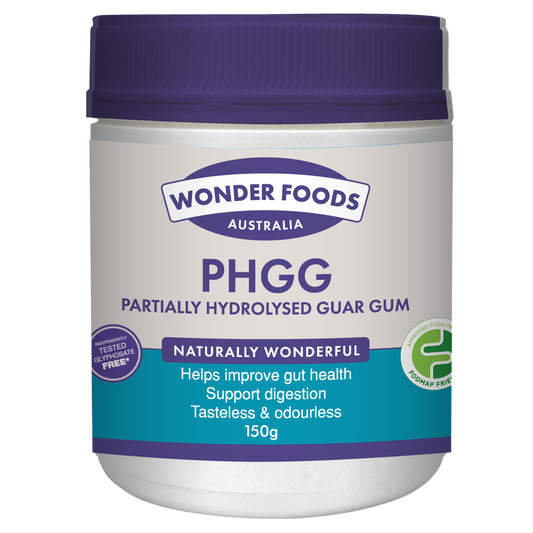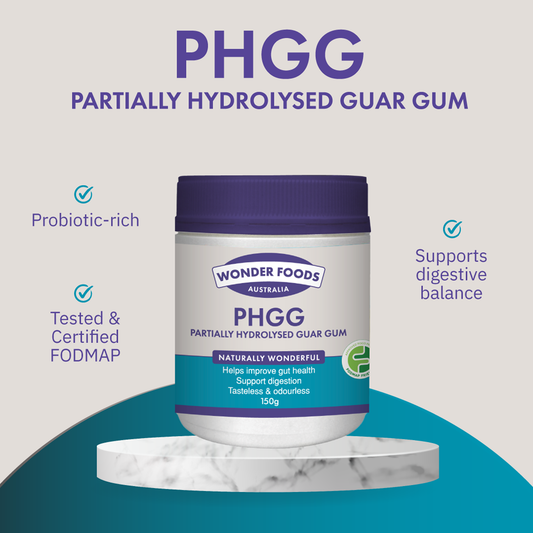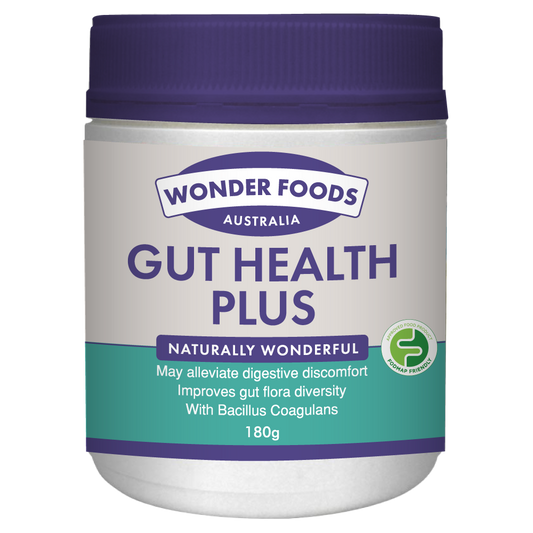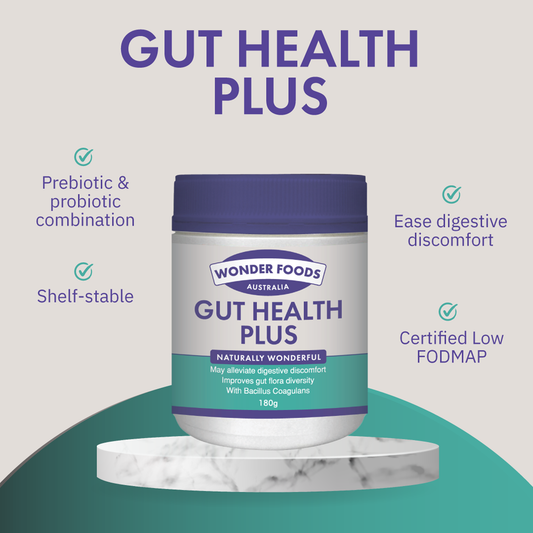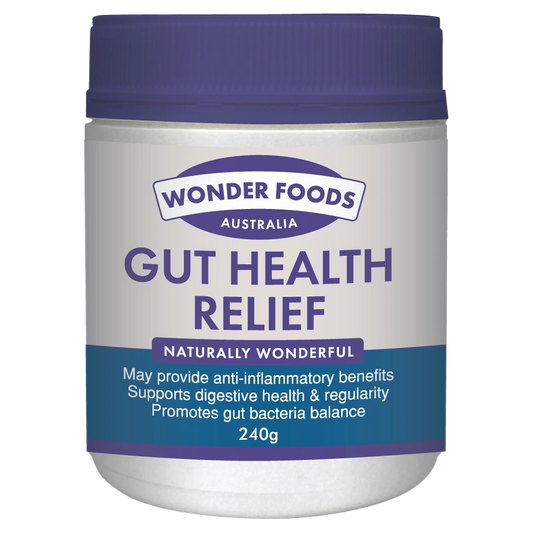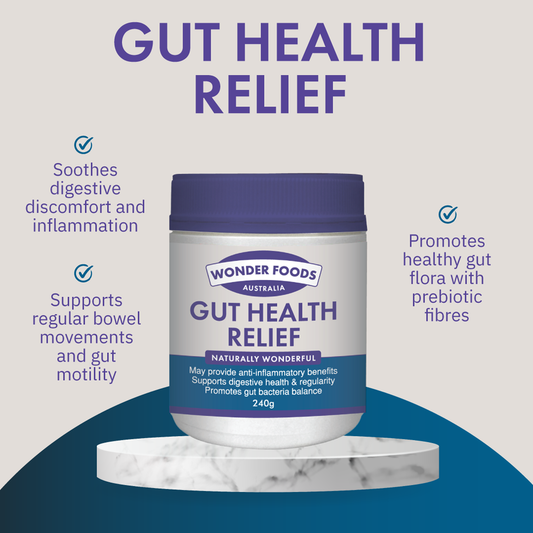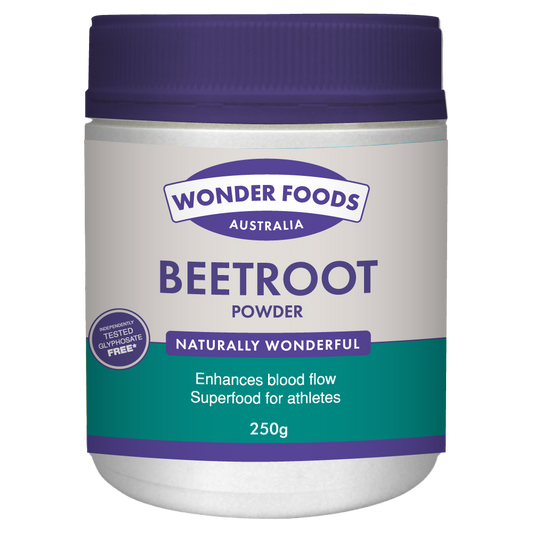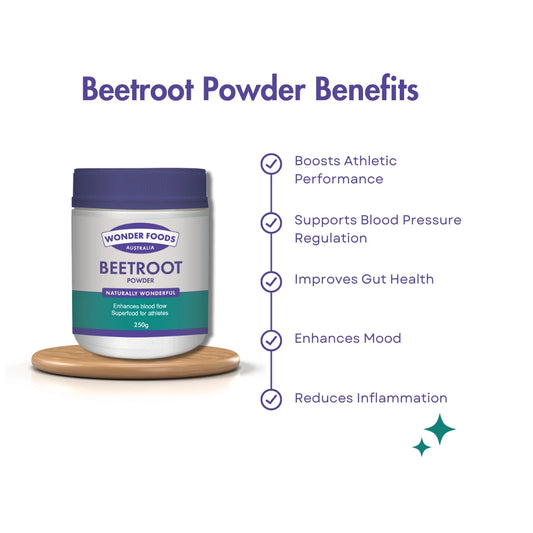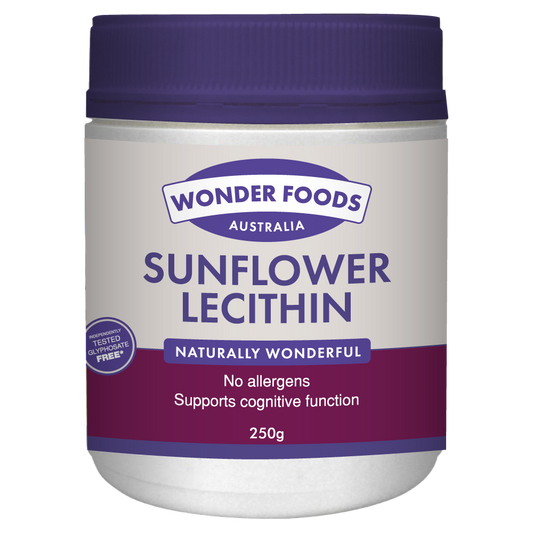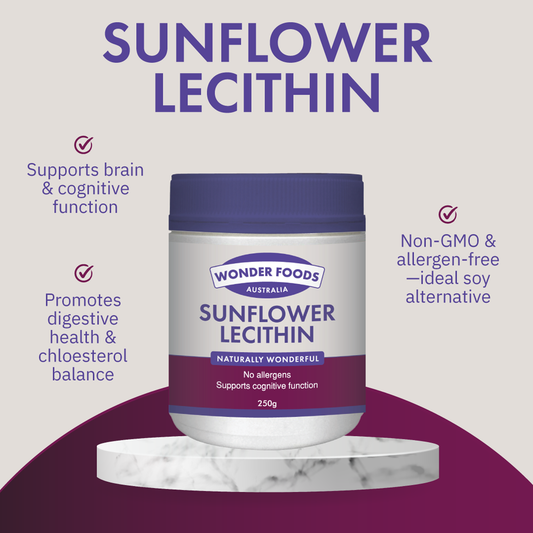
Creatine for Healthy Aging? Science Says YES.
TDLR: New research shows that creatine supports cognitive function, muscle strength, bone health, and daily mobility in adults over 35. Safe, affordable, and well-studied, creatine is the go-to supplement for healthy aging and brain support.
When you hear “creatine,” you probably think of bodybuilders and gym supplements.
But recent research is flipping the script — showing that creatine has powerful benefits for older adults, especially when it comes to muscle health, bone strength, and brain function and preventing brain fog.
If you’re over 35 and looking for a simple, affordable way to stay sharper and stronger, creatine might be the supplement you’ve been waiting for.
What Is Creatine and Why Does It Matter for Aging?
Creatine monohydrate is a natural compound found in your muscles and brain.
It helps produce energy during high-demand activities — like lifting weights or solving tough mental puzzles.
As we age, our body’s creatine stores decline. That decline is linked to:
- Loss of muscle mass and strength (sarcopenia)
- Slower cognitive function
- Reduced bone density
- Increased frailty and fall risk
But research now shows that supplementing with creatine — especially when paired with light exercise — can reverse or slow many of these changes.
The Brain-Boosting Power of Creatine for Older Adults
A 2025 review in the Journal of the International Society of Sports Nutrition found that creatine improves memory, learning, and mental performance in older adults.
Here’s how:
- Supports brain energy metabolism
- Enhances short-term memory and cognitive flexibility
- May reduce mental fatigue in challenging tasks
- Linked to better processing speed in older adults
The most exciting part?
These improvements were seen in both healthy elderly individuals and those with age-related cognitive decline.
Creatine and Muscle Health in the Elderly
While creatine’s cognitive effects are gaining attention, its physical benefits are still impressive:
- Increases lean muscle mass
- Improves grip strength and walking speed
- Supports bone health by increasing bone area and thickness
- Helps with balance and daily function — reducing fall risk
And because creatine works by supporting cellular energy, even low-impact exercise (like walking or resistance bands) can amplify its benefits.
Is Creatine Safe for Seniors?
Yes. Creatine monohydrate is one of the most researched supplements in the world. It’s considered safe, well-tolerated, and has no known serious side effects when taken in recommended doses.
Most studies use:
- 3–5 grams per day, ideally with food
- A consistent daily routine (no need to “cycle”)
(There is emerging research that 10g, 15 and even 20g is both safe and effective.)
As always, check with your health practitioner before starting any new supplement — especially if you take medication or have kidney concerns.
Final Thoughts: Why Creatine Deserves a Place in Your Daily Routine
Whether you want to stay stronger, support your cognitive health, or feel more energised throughout the day — creatine for the elderly is no longer just a sports nutrition trend. It’s becoming a smart strategy for healthy aging.
If you're ready to invest in your brain, body, and independence — start with creatine.
Clean. Pure. Backed by science.


